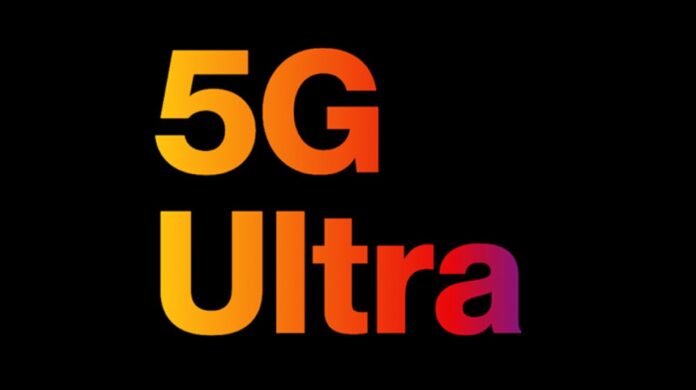Verizon operates five 5G Labs in the U.S. and one in London that research use cases in healthcare, public safety, entertainment and more
Verizon today announced two separate 5G millimeter wave (mmWave) partnerships in the higher education space. The carrier deployed its edge compute platform, artificial intelligence (AI) technology and mmWave — branded as 5G Ultra Wideband — service at Caltech’s Center for Autonomous Systems and Technologies (CAST) to support drone weather detection and response. At Penn State, researchers will use 5G Ultra Wideband to explore new applications in manufacturing education, training and workforce development.
The lab at Caltech lab features a three-story-tall aerodrome with more than 2,500 tiny computer-controlled fans to recreate the ever-shifting environmental conditions that drones face in the real world. Engineers are able to simulate everything from “a light gust to a gale.” In addition to providing its technology solutions, Verizon is also supplying funding for the one-year drone research project, as well as several 5G devices and consultation on 5G technology and hardware.
“By collaborating with CAST researchers, we hope to accelerate the innovation process and development of unmanned aerial vehicles that can autonomously navigate using 5G, edge compute and AI,” said Nicki Palmer, chief product development officer at Verizon. “This research project is just the tip of the iceberg of what we hope to see tested. The facility and areas of exploration that CAST is working on represent the types of use cases that 5G can really take to the next level.”
Over at Penn State, Verizon deployed a mmWave network at Innovation Park, an 118-acre campus comprised of office, manufacturing and research space. The next-generation network will allow students, faculty, start-up and established companies to work together to test and create new technologies and explore solutions that can improve processes and automation in manufacturing, said the carrier.
“We are excited to partner with Verizon to bring advanced digital connectivity to Penn State and enable new innovations in digital connectivity,” said Tim Simpson, the Paul Morrow professor of Engineering Design and Manufacturing and co-director for the Center for Innovation Materials Processing through Direct Digital Deposition (CIMP-3D). “Having 5G capabilities in CIMP-3D creates unique opportunities to drive the use and adoption of additive manufacturing as we embark on the fourth industrial revolution, or ‘Industry 4.0.’”
Verizon’s commitment to using 5G to advance research across several verticals is evident. The company currently operates five 5G Labs in the U.S. and one in London that specialize in developing use cases in industries ranging from healthcare to public safety to entertainment.

